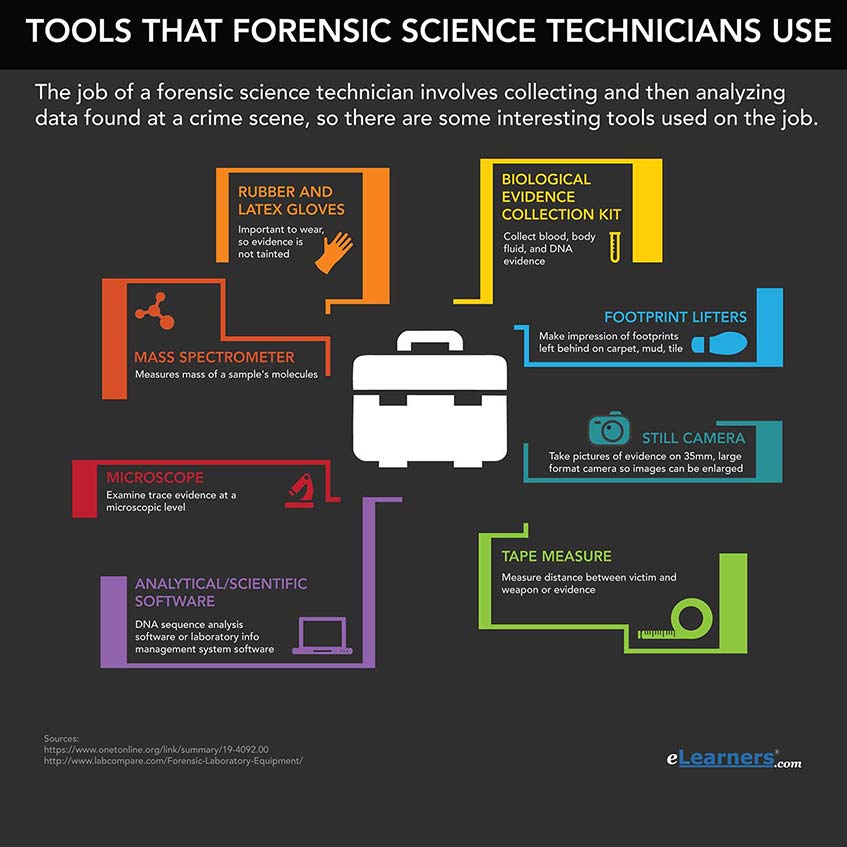
Explore possible links between suspects and criminal activity, using the results of DNA or other scientific analyses.Perform chemical, biological, and microscopic analyses on evidence taken from crime scenes.In the crime lab, the responsibilities of the forensic scientist are to: Catalog and preserve evidence for transfer to crime labs.Collect evidence, including weapons, fingerprints, and bodily fluids.Record observations and findings, such as the location and position of evidence.Take photographs of the crime scene and of evidence.Analyze crime scenes to determine what evidence should be collected and how.Many specialize in either crime scene investigation or laboratory analysis.įorensic scientists attend crime scenes to: What is the workplace of a Forensic Scientist like?įorensic scientists and technicians aid criminal investigations by collecting and analyzing evidence.In the courtroom, forensic scientists are expert witnesses, permitted to testify not just about the scientifically factual results of their testing and analysis, but also to give an opinion about what those results mean. In the field and in the laboratory, forensic scientists draw from physics, chemistry, biology, and other scientific branches to uncover, identify, evaluate, and interpret physical evidence that may prove the existence of a crime, the perpetrator of crime, or a connection to a crime. In a modern context, ‘forensic’ is defined as relating to or denoting the application of scientific methods and techniques to the investigation and solving of crime.Ĭommon laboratory disciplines include forensic molecular biology (DNA), forensic chemistry, trace evidence examination (hairs and fibers, paints and polymers, glass, soil, etc.), latent fingerprint examination, examination of firearms and toolmarks (any impression, scratch, gouge, cut, or abrasion made when a tool is brought into contact with another object), handwriting analysis, fire and explosives examinations, forensic toxicology (the analysis of biological samples for the presence of toxins, including drugs), and digital evidence.


The word forensic comes from the Latin word forensis, which means a public discussion or debate.

Forensic science is a critical component of the criminal justice system and forensic scientists are the practitioners of the disciplines that make up the science.


 0 kommentar(er)
0 kommentar(er)
